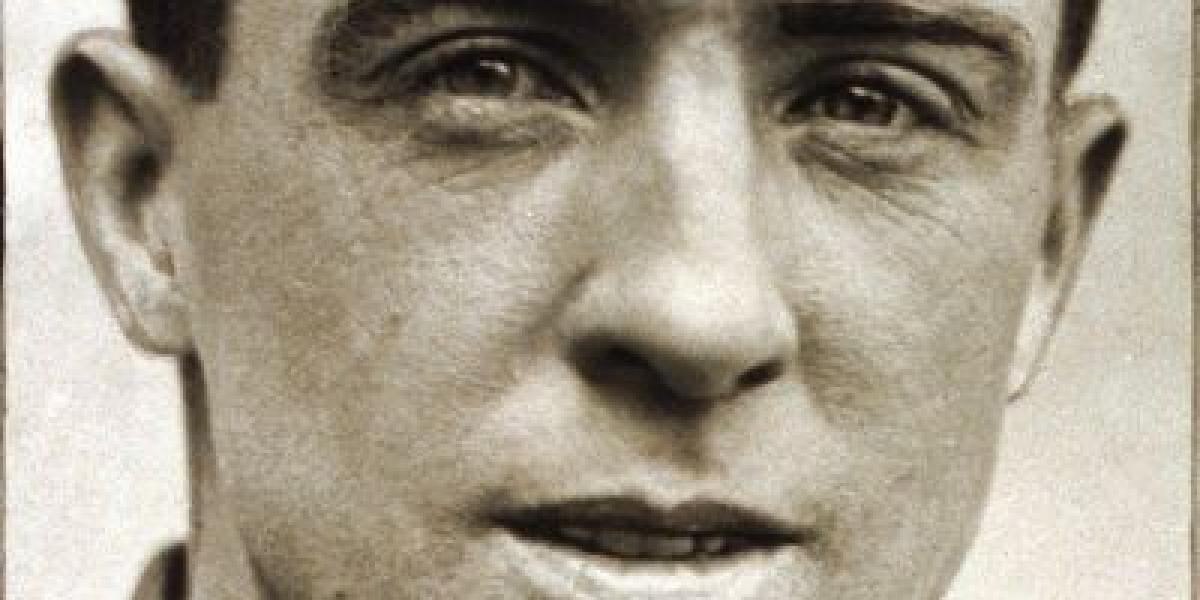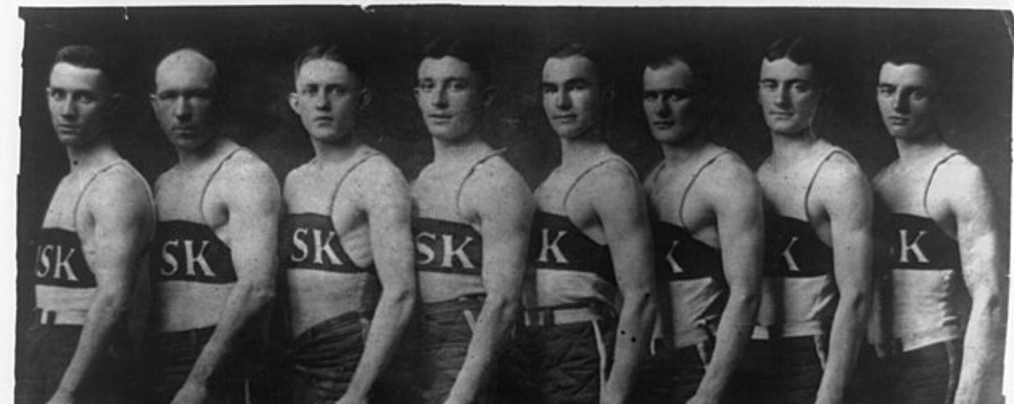Road to Baseball Greatness
Tinker's journey began in the minor leagues, where his defensive prowess at shortstop caught the eye of the Cubs. He made his major league debut in 1902 and quickly established himself as a reliable fielder, earning the nickname "Stonehands Tinker" for his fielding brilliance.
But Tinker's value extended far beyond his glove. He developed into a capable hitter, batting over .260 for his career. More importantly, he knew the game, calling pitches with intelligence and guiding young players on the field.
However, Tinker's legacy is forever intertwined with that of his teammates, Johnny Evers at second base and Frank Chance at first. Together, they formed one of baseball's most legendary double-play combinations. Their flawless coordination and slick-fielding became a nightmare for opposing teams, earning them a place in baseball folklore through the immortalized verse, "Tinker to Evers to Chance."
Tinker's time with the Cubs was marked by success. He secured four National League pennants and two World Series championships (1907, 1908). After stints with Cincinnati and Chicago again, he retired in 1916, leaving a lasting impact on the game.
Joe Tinker wasn't a headline-grabbing superstar but the quiet force behind a championship team. His defensive mastery, consistent hitting, and on-field leadership were instrumental in the Cubs' golden age. He remains a testament to the vital role of "glue guys" in building a winning team.
Legacy of Tinker
Born July 27, 1880, in Muscotah, Kansas, was Baseball Hall Of Fame Shortstop Joe Tinker. This legend was a member of the World Series Champion 1907 and 08 Chicago Orphans/Cubs, played with Cincinnati Reds for a year before a stint in the Federal League, leading the Chicago Whales to a title, and later returned to the MLB as the player-manager of the Chicago Cubs.
With the Cubs, Tinker was a part of a great double-play combination with teammates Johnny Evers and Frank Chance that was immortalized as "Tinker-to-Evers-to-Chance" in the poem "Baseball's Sad Lexicon". However, Evers and Tinker feuded off the field. Tinker was elected to the National Baseball Hall Of Fame in 1946.





